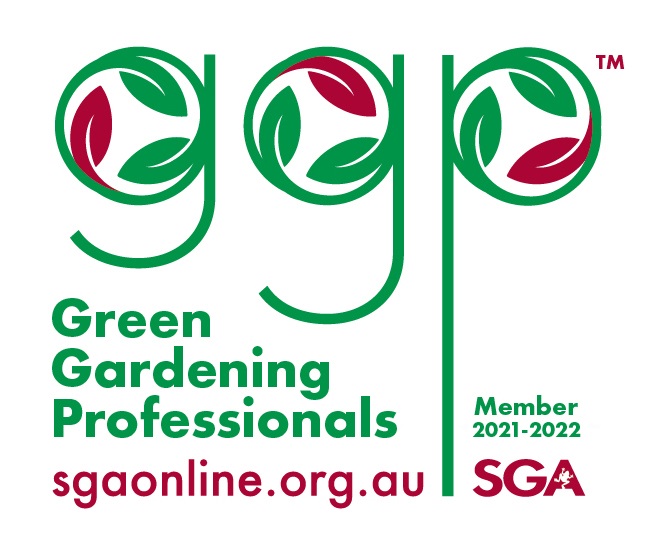ROSE RAMBLER 21.5.2020 … Hello Dear Rose Friends as time flies by … here at Silkies Rose Farm, Clonbinane, we have gone from a glorious flowering season to bare-rooted rose season with no rest between; this is unprecedented! Due to border restrictions, we had our first lot of roses boxed and transported here when normally we collect them from the grower in South Australia … not this year!

Here are our beautiful heel-in beds where thousands of roses will be cared for during coming weeks.
Please, I urge you not to call me asking about where your order is in our system – I promise you that we will work diligently to post as many parcels as is possible EVERY DAY during coming weeks.
Not all the roses are dug at the same time – standard roses are definitely dug last but with good frosts recently, they might be dug in early July rather than later as they require frost to harden growth so they’re less susceptible to breaking during transit.
Roses which are budded later in the season say, in January rather than early in November when the budding season starts, are always dug later – again, they need to harden up before being dug so they aren’t damaged in the process of digging and posting.
There are many roses which are budded from plants in the gardens here at Clonbinane, varieties which Graham and I consider worthy of keeping in production – those plants are in a separate section of our grower’s field and they’re always dug later in the season.
I hope this explains to you why you may have to wait until late July for your roses to be posted or collected. Meantime, be sure to dig and dung lovely holes which are filled with compost and manure, mulched, watered with seaweed solution and turned occasionally with a fork (a shovel slices the worms which are sure to come and aerate the soil whilst leaving their lovely castings to enhance the environment where you plant a new rose!).

Let’s start with a bit of a giggle …
Q. Why do birds fly south in the winter? A. Because its too far to walk!
Do yourself a favour and leave your roses to their own devices now that we’ve had frost, rain and generally, wintry conditions have set in.
We’re getting lots of emails like this one:
"Hi, How are you? How will I get rid of the black spot on rose plant leaves? I have tried all the sprays, even soap water etc. Let me know if you have a solution? Regards …"
To which we respond:
"There’s nothing you can do … this is your rose plants moving into the next phase of this season – they’re shutting down for winter so just don’t look at them for a while or go and trim finished flowers, tidy the bushes, fluff-up the mulch and let them get on with their job.
When you visit with them to prune in late July, you’ll see they’re starting to shoot – this shows you exactly where to cut back to … we’ll cover pruning roses in forthcoming issues of our Rose Rambler … cheers"
WHY GROW ORGANIC?
We’ve been growing our roses using an organic spray management program for more than 30 years and right back when we started this journey, is was all about our health, the health of our children, extended family and people who visited our rose nursery.
It was also about our roses, our animals, our environment, our community and everything in between because going organic is an environmentally and financially sustainable means of production and meant we lived in a healthier society.
A quotation:
“The birthright of all living things is health. This law is true for soil, plant, animal and man: the health of these four is one connected chain ..” Sir Albert Howard 1945
With increasing research and evidence to back up the benefits of organic food, more consumers and producers are turning to organic methods of production and here are just a few benefits:
- Organic soil management captures carbon and promotes accumulation of humus which can reduce agricultural greenhouse gas emissions.
- Organic food gives consumers a choice – modern food additives have been linked to allergic reactions and lots of other physical ailments.
- Organic management reduces chemical runoff and residues in waterways and coastal areas that lead to ‘dead zones’ environmentally.
- Organic production protects animals – fish, frogs, birds, insects and yes, our pets stand to benefit when we don’t use chemicals in their space.
Organic food tastes sensational, it is rich in texture and flavour and yes, it’s definitely good for you! When you’re in the supermarket this weekend, treat yourself to at least one vegetable from the organic section and know that you’re in for a treat – yes, you will pay a few extra dollars but the taste sensation will be well worth your adventure into organics!
Importantly, whatever organic food you select will almost surely be grown right here in Australia – let’s all eat what is produced locally and hopefully, grown using organic principles, naturally!
Have a lovely week whilst you start to meet with friends and family again as we venture out of isolation – take care though! Graham, Diana, Mooi and the team at Silkies Rose Farm, Clonbinane
Email us: info@rosesalesonline.com.au with any comments or questions.


